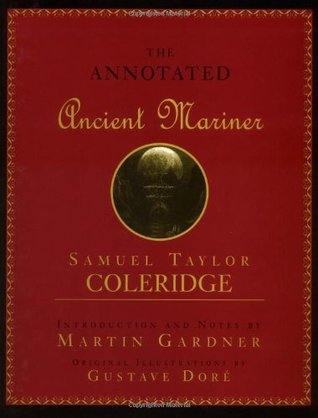More on this book
Community
Kindle Notes & Highlights
Read between
February 23 - February 24, 2021
The phrase “instead of a cross” suggests that the Mariner, whom we know to be a Roman Catholic, had been wearing on his neck a cross.
Brett writes: “This is the great contrast underlying the whole poem: on the one hand life; on the other the life-in-death that follows on separation from God. These form the axis around which the poem turns.”
The absence of twilight in the tropics—the quickness with which stars rush out and cold night follows hot day—was proverbial in Coleridge’s time. Here the poet couples it with the speed of the departing spectre ship. The stanza’s gloss had an interesting evolution (see Lowes, Chap. X, Sec. 4). In the first edition of Sibylline Leaves (containing the first printing of the poem with a marginal gloss), the margin beside this stanza is blank. But there exist several copies of Sibylline Leaves in which Coleridge added notes to this stanza. The earliest reads: “Between the tropics there is no
...more
Note how the last two lines make it clear that the blessing of the snakes does not spring from the Mariner’s own will; he is responding, unaware, to promptings from above. “This act of blessing does not win God’s grace,” writes R. L. Brett (Reason and Imagination, 1960); “it is God’s grace.”


